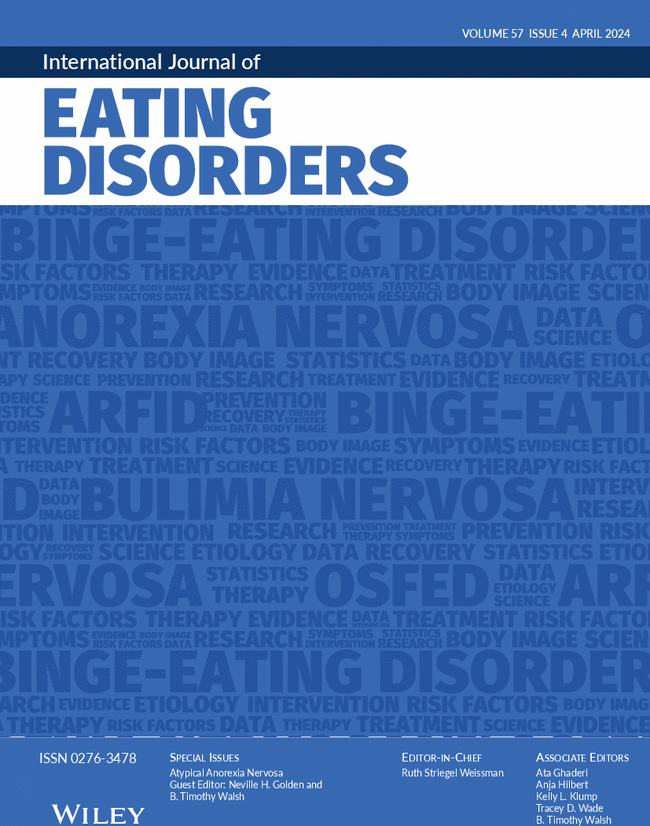Smartphone Applications for Eating Disorders: A Systematic Review and Meta-Analysis of Randomized Controlled Trials
Abstract
Objective
Given the rising prevalence of eating disorders (EDs), smartphone applications (apps) have received growing clinical attention, but their overall effectiveness remains undetermined. This study aimed to conduct a meta-analysis of randomized controlled trials (RCTs) evaluating the efficacy of app interventions for EDs and to identify the psychological approaches featured in these interventions.
Method
The online databases SCOPUS, PubMed, and EBSCO were searched for trials published up to February 2025. This review followed PRISMA guidelines, and meta-analyses were conducted using post-intervention assessment data. Pooled effect sizes were calculated with 95% confidence intervals.
Results
Seventeen studies met the inclusion criteria, and 14 were included in the quantitative synthesis. Trials involving not formally diagnosed samples indicated that app-based interventions were more efficacious than controls in reducing global levels of ED symptomatology, shape and weight concerns, dietary restraint, binge eating, and compensatory behaviors. No significant effects were found for body dissatisfaction/disturbance or drive for thinness. Self-help interventions showed generally comparable improvements. In formally diagnosed samples, only objective binge eating was analyzed, with a medium effect observed when the app was incorporated into guided self-help. The use of an adjunctive app was not shown to have benefit above and beyond traditional therapy. Most interventions were based on cognitive-behavioral therapy principles.
Discussion
This review supports the efficacy of app-based interventions in reducing key ED symptoms, particularly within the binge-eating spectrum and among at-risk individuals. Nonetheless, given the limited number of studies, further research with high-quality RCTs, larger samples, and proper follow-ups is needed.

 求助内容:
求助内容: 应助结果提醒方式:
应助结果提醒方式:


